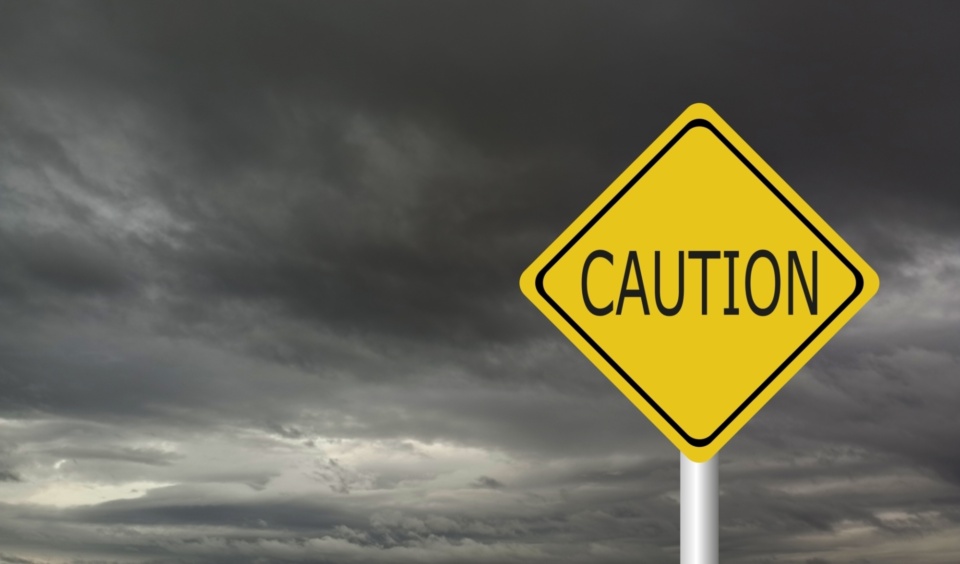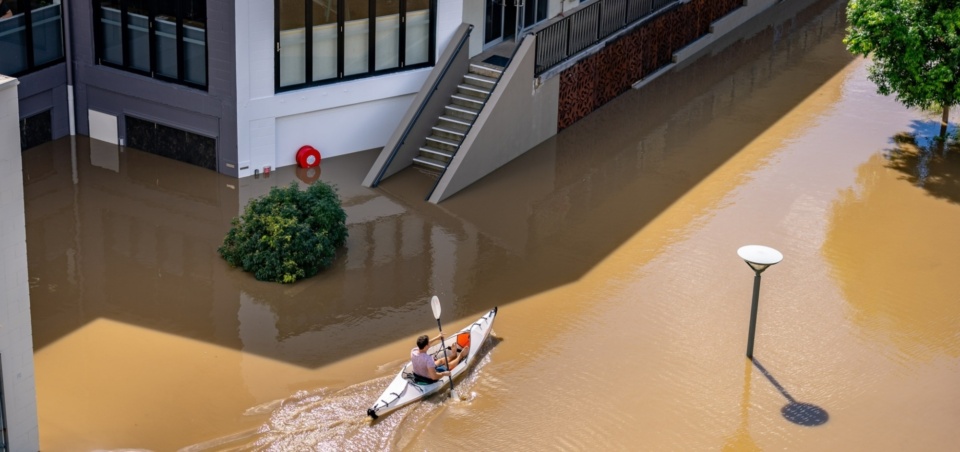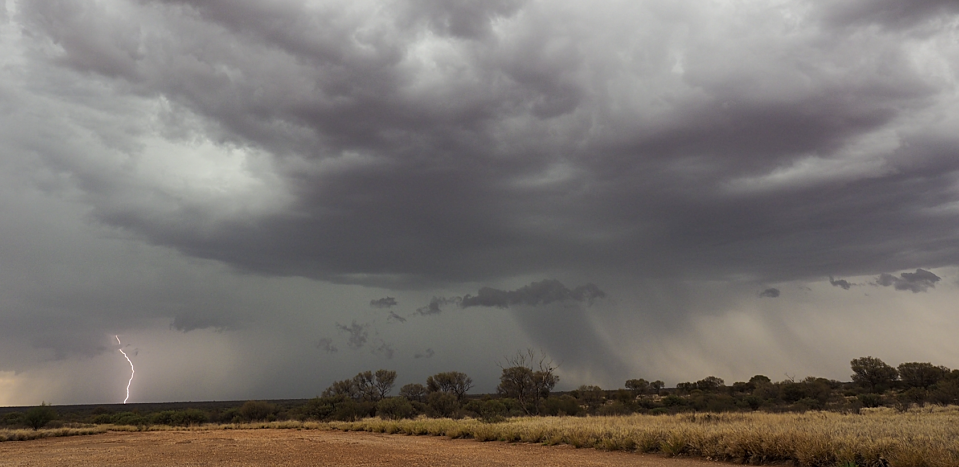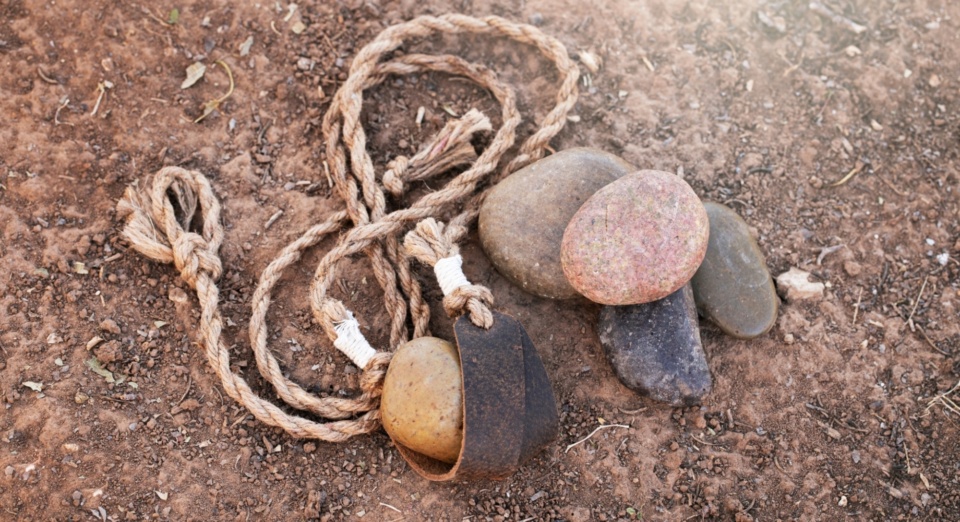
An election surprise, a Press Club debate, and investment inertia: 2025 in review
Posted on 10 Dec 2025
What a year 2025 has been, particularly at a national level where the Parliament and politics as we…
Posted on 19 Mar 2025
By David Crosbie, chief executive, Community Council for Australia

When it comes to youth crime panic, we've heard it all before says Community Council for Australia CEO David Crosbie, as he argues "our responses to youth crime should be grounded in fact, not anecdote-fuelled misinformation".
On Thursday, April 2, 1925, Alex McKinley, then head of the Melbourne Children’s Court, had a letter to the editor published in the Argus calling for young people up to the age of 20 to be offered rehabilitation rather than prison. He was seeking legislative changes that in many ways would effectively raise the age of criminal responsibility from 16 to 20:
"Official records prove that 97 per cent of our young offenders (those the Children’s Court is supervising) make good – that is do not later appear for a second offence … it must be acknowledged that the reformative work of the Children’s Court is a proved success. Merely penal methods are not reformative …
"Trained workers seldom become criminals. Therefore, provide a place, for training and then train as workers. Pentridge costs many thousand each a year to maintain, and it does not reform.
"I want to see the State initiate reform work for lads between 17 and 20 years of age. New legislation and machinery are necessary."

McKinley was clearly a woke do-gooder interested in reducing crime and improving outcomes for young people in Melbourne.
He made his money as a publisher. I wonder what he would think of the campaigns run by the Murdoch papers in Queensland and Victoria over the past 12 months that have convinced us we’re all experiencing a tidal wave of increased youth crime requiring much tougher bail laws and harsher penalties?
If there was a prize for an issue that maps the counter-productive stupidity of public policy driven by sensationalism and click-bait journalism, youth crime would be on the podium.
As journalist Denham Sadler pointed out in Crikey this week: “The News Corp-owned Herald Sun ran 21 stories and launched a petition pushing for reforms in the week before Victorian Premier Jacinta Allan unveiled the “toughest bail laws in Australia”. The new bail reforms will be introduced into the Victorian Parliament this week; a classic scare campaign victory.
"Youth crime is a serious issue and deserves serious investment and attention. What it doesn’t deserve is ill-conceived, knee-jerk, revenge-driven policies."
These changes include a requirement to consider community safety above all other factors, the removal of remand as a last resort for children, a new “extremely hard to pass” bail test for serious offences and a second-strike rule for offenders.
The Herald Sun simply followed the youth crime alarmist script that has been refined and modernised over decades and recently employed in Queensland by the Courier Mail, leading to similar changes to bail in that state.
In 1945, the Courier Mail blamed parents: “Faulty upbringing in childhood and lack of guidance and supervision in adolescence are considered the major factors responsible for the wave of juvenile delinquency …”

A Brisbane Telegraph article on November 27, 1954, blamed “comic books and sordid films for creating a generation of heartless criminal youngsters”.
Youth crime is a serious issue and deserves serious investment and attention. What it doesn’t deserve is ill-conceived, knee-jerk, revenge-driven policies. Our responses to youth crime should be grounded in fact, not anecdote-fuelled misinformation.
Victoria’s youth crime rate is the third lowest in the country, behind just the ACT and South Australia. When population growth is taken into account, overall crime rates are lower than they were 10 years ago.
In many cases, youth crime is episodic and involve a core group of young offenders committing most of the crimes. Most young offenders are not violent recidivists.
So why does youth offending matter so much to our sector?
When we talk about youth incarceration in Australia, we’re talking about Indigenous kids. Two-thirds of young people aged between 10 and 17 currently in custody in Australia are Indigenous. An Indigenous young person is 27 times more likely to be locked up in detention than a non-Indigenous young person.
These incarceration rates clearly reflect a level of entrenched systemic racism and disadvantage all Australians should be ashamed of.
Of even more concern to many in our sector is how public policy in Australia can be driven by media proprietors’ need to harvest outrage. The business model seems to work in part by targeting the vulnerable (or the “other”) to cash in on the fear and alarm they create, and then to push governments to enact harmful policies to address the concern the media have manufactured.
However you look at it, this was certainly not a good couple of weeks for government policy making in Victoria.
Our youth justice systems are now less fair and less just. They provide an even more outstanding example of dysfunctional policy, exacerbating the problem rather than making it better.
It was also not a good couple of weeks for all of us trying to strengthen our communities and create the kind of Australia we would like to live in.
As we enter the federal election campaign period, youth crime stands as a warning that bad policy can flourish when media megaphones of outrage and misinformation over-ride what we know is needed to serve the public interest.
David Crosbie has been CEO of the Community Council for Australia for the past decade and has spent more than a quarter of a century leading significant not-for-profit organisations, including the Mental Health Council of Australia, the Alcohol and Other Drugs Council of Australia, and Odyssey House Victoria.
Alex McKinley’s letter to The Argus | More about McKinley
Queensland media blaming 'crime waves' on youth since mid-1900s: ABC News

Posted on 10 Dec 2025
What a year 2025 has been, particularly at a national level where the Parliament and politics as we…

Posted on 26 Nov 2025
Charities and not-for-profits can be outstanding advocates for their cause, their community, their…

Posted on 12 Nov 2025
Managing a charity or not-for-profit in Australia is often more complex than it may appear. On any…

Posted on 29 Oct 2025
One of the most contentious debates across many areas of human services is the for-profit versus…

Posted on 28 Oct 2025
Workers in the not-for-profit sector lift up communities, care for those in crisis and do work that…

Posted on 08 Oct 2025
The cost of climate change's impact on Australian life is increasingly well documented. The…

Posted on 08 Oct 2025
The Wurundjeri Indigenous people who live in and around Melbourne understand their environment as…

Posted on 30 Sep 2025
I am proud of what Our Community, and its exceptional team, have achieved in the past 25 years. As…

Posted on 24 Sep 2025
If a business ran the government, a corporatocracy would likely emerge, prioritising profit over…

Posted on 09 Sep 2025
This has been another big week in the evolving story of tech oligarchs versus Australia, profit…

Posted on 03 Sep 2025
The problem with the NDIS is not autistic families or children, says Annabel Rattigan, a leadership…

Posted on 27 Aug 2025
It used to be that businesses could concentrate on profits, profits and profits, only playing in…